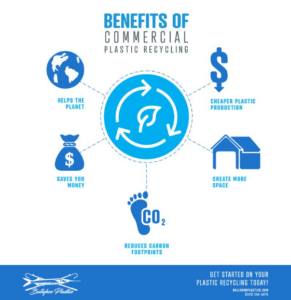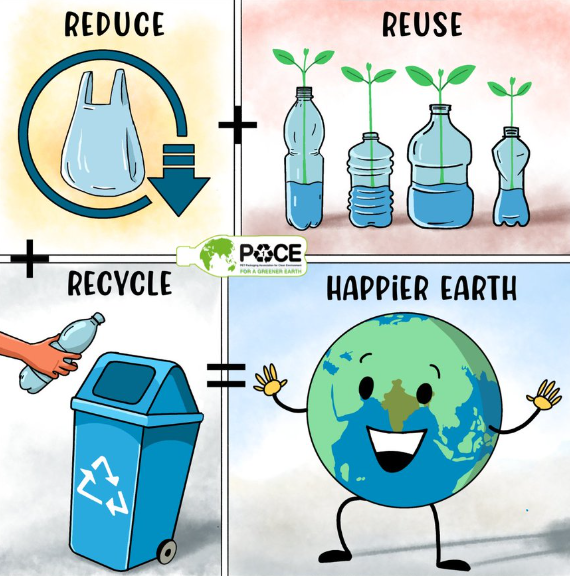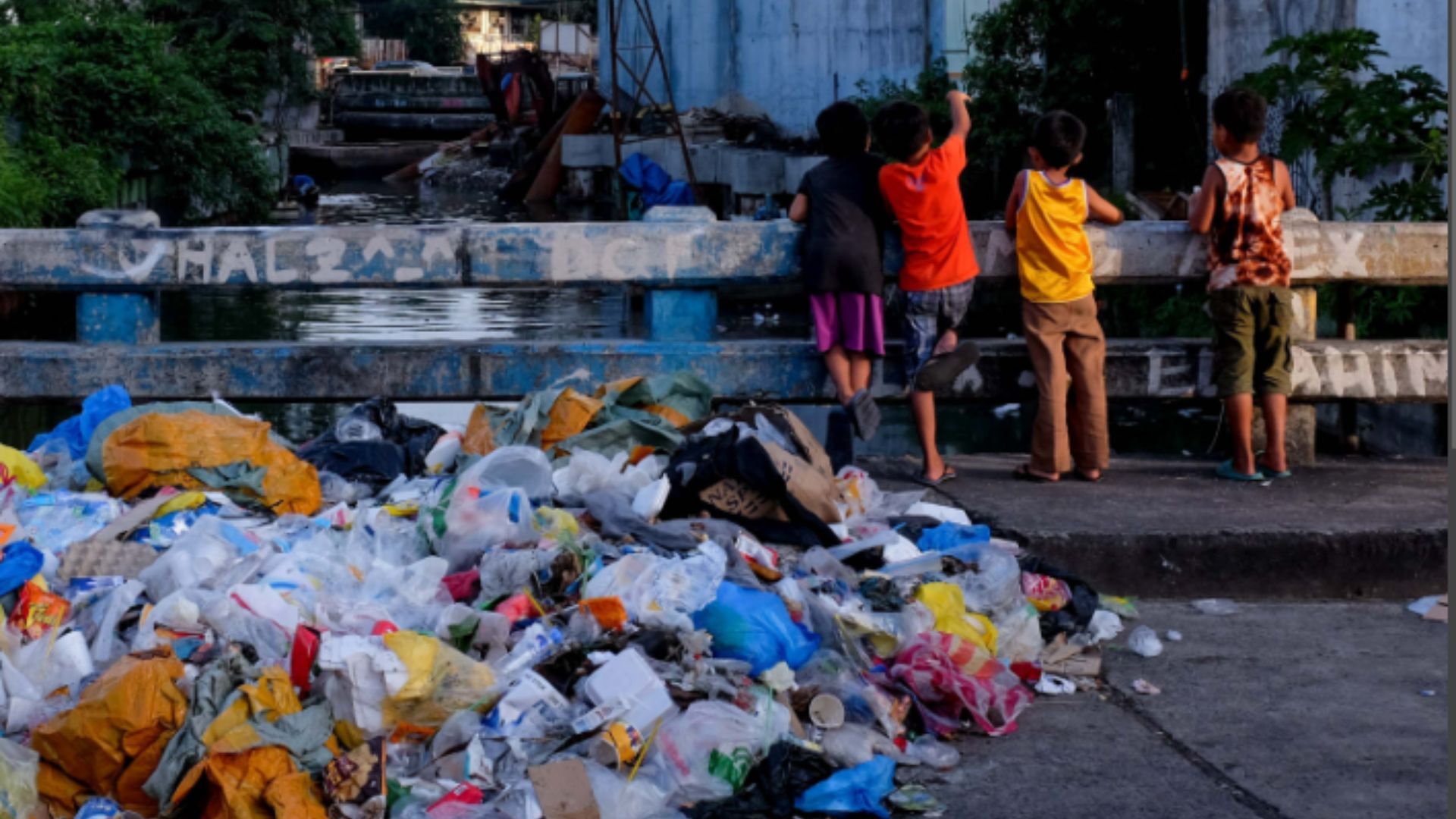Plastic recycling stands as a beacon of hope in our quest for a sustainable future. In an era marred by environmental concerns, recycling plastic has emerged as a pivotal solution to mitigate the consequences of plastic pollution. This article delves into the myriad benefits of plastic recycling, highlighting its positive impacts on our planet, economy, and overall well-being.
Environmental Preservation
One of the most compelling arguments for plastic recycling is its undeniable contribution to environmental preservation. Plastic waste poses a severe threat to ecosystems, with marine life and terrestrial habitats suffering the consequences. By recycling plastics, we divert them from landfills and oceans, reducing the harm inflicted upon our planet.
Recycling also conserves natural resources. Instead of relying solely on virgin plastic production, recycling allows us to harness the energy and materials already invested in existing plastics. This translates into a reduction in greenhouse gas emissions, as recycling consumes less energy compared to producing new plastics.
Economic Advantages
The economic benefits of plastic recycling cannot be understated. Recycling plastics creates jobs at various stages of the recycling process, from collection and sorting to processing and manufacturing. Moreover, this economic boost is especially significant in today’s world, where job creation and economic recovery are top priorities.
Furthermore, it can generate significant revenue streams. Reclaimed plastic materials can be used to create new products, which not only cuts production costs but also opens up new markets. The recycling industry contributes substantially to the global economy, providing a stable and sustainable source of income.

Resource Conservation
Transitioning from the production of new plastics to recycling existing ones conserves valuable resources. Plastic is derived from petrochemicals, which are finite and non-renewable. Recycling helps extend the lifespan of these resources, reducing our reliance on fossil fuels and mitigating the environmental impact of extraction.
Recycling also curtails the demand for raw materials, including petroleum, thus stabilizing prices and reducing the strain on supply chains. This resource efficiency contributes to a more sustainable and resilient economy, less vulnerable to fluctuations in resource availability.
Energy Efficiency
One of the remarkable benefits of plastic recycling is its energy efficiency. Producing new plastic from raw materials consumes significantly more energy than recycling. This energy savings translates into reduced greenhouse gas emissions, making plastic recycling a potent tool in the fight against climate change.
Transitioning to recycled plastics also requires fewer processing steps compared to creating virgin plastics. This streamlined production process conserves energy, reduces emissions, and minimizes environmental impact.
Reducing Landfill Burden
To add on, the staggering amount of plastic waste in landfills is a pressing concern. Landfills not only occupy valuable land but also release harmful toxins and methane gas into the atmosphere. Recycling diverts plastics from these sites, alleviating the burden on our already overcrowded landfills.
Reducing the volume of plastic waste in landfills also prolongs their lifespan, delaying the need for new landfill sites. This reduction in land use helps protect natural habitats and preserves pristine landscapes for future generations.
Promoting Innovation
Furthermore, the recycling industry is a hotbed of innovation. Researchers and engineers are constantly developing new techniques to improve the efficiency and effectiveness of plastic recycling. These innovations encompass better sorting methods, advanced recycling technologies, and novel applications for recycled plastics.
As recycling becomes increasingly essential, it drives investment in research and development, fostering a culture of innovation that extends beyond recycling itself. Therefore, this benefits society as a whole, spurring progress in sustainability and environmental stewardship.
Conclusion
In conclusion, plastic recycling serves as a powerful force for environmental preservation, economic prosperity, and resource conservation. Its benefits are multifaceted, ranging from reducing greenhouse gas emissions and conserving natural resources to creating jobs and promoting innovation. Embracing plastic recycling is not just a choice; it’s a collective responsibility that will define our legacy for generations to come.



